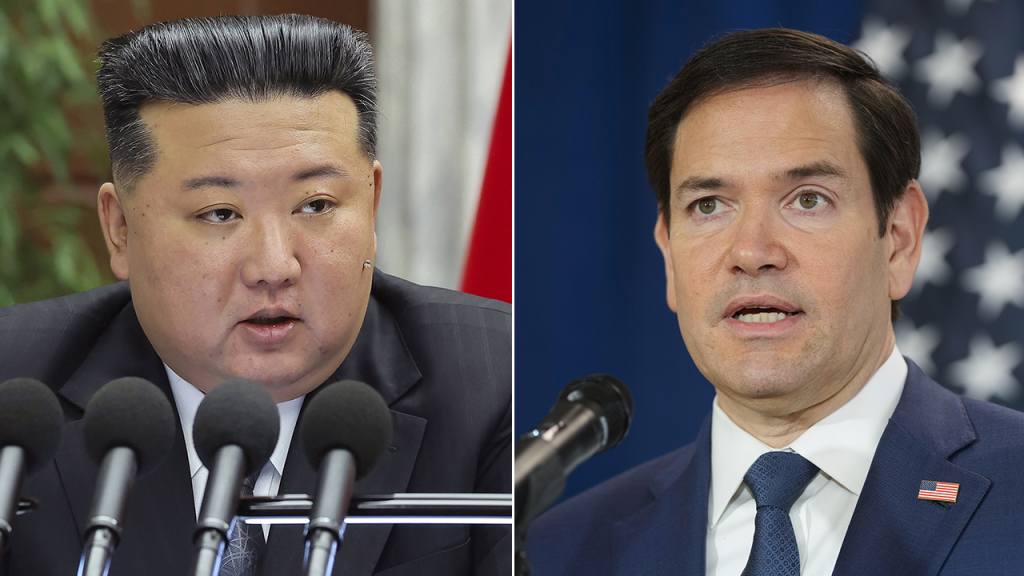The Democratic People’s Republic of Korea (DPRK), commonly known as North Korea, has vehemently denounced recent remarks made by U.S. Secretary of State Antony Blinken, in which he categorized the nation as a “rogue state.” The DPRK’s foreign ministry, through a statement disseminated by state-controlled media, labeled Blinken’s characterization as “nonsense” and a “grave political provocation,” asserting that such pronouncements violate established international law principles of sovereignty and non-interference. The statement further accused Blinken of harboring an “incorrect view” of North Korea, a perspective they claim will hinder the advancement of U.S. interests. The DPRK concluded its response with a stark warning, pledging to implement “tough counteraction” against any perceived provocations emanating from the United States, a nation they accuse of perpetual hostility.
This latest exchange highlights the enduring tensions between the U.S. and North Korea, a relationship fraught with mistrust and mutual antagonism. The “rogue state” designation, frequently applied to North Korea by U.S. officials, encapsulates the perception of the DPRK as a nation operating outside accepted international norms, particularly regarding its nuclear weapons program and human rights record. North Korea, in turn, views the U.S. as a persistent threat to its sovereignty and security, often portraying itself as a bulwark against American imperialism.
The context for Blinken’s remarks was a discussion on the evolving global landscape, characterized by a shift away from a unipolar world dominated by the U.S. towards a multipolar system with the rise of powers like China and Russia. Within this evolving geopolitical framework, Blinken identified North Korea, alongside Iran, as “rogue states” requiring specific attention and management. This categorization underscores the ongoing challenges posed by these nations to the existing international order, particularly in the realms of nuclear proliferation and regional stability.
North Korea’s strong reaction to Blinken’s statement reflects its sensitivity to such labeling, which it perceives as an affront to its legitimacy and an attempt to delegitimize its government on the world stage. The DPRK’s insistence on “tough counteraction” indicates a continued willingness to engage in provocative actions, potentially including further missile tests or other demonstrations of military capability. This stance further complicates efforts to engage North Korea in diplomatic dialogue aimed at de-escalating tensions and addressing the nuclear issue.
The Secretary of State’s comment is part of a larger concern regarding global stability. The shift to a multipolar world presents complex challenges for the U.S., demanding a nuanced foreign policy approach that balances the pursuit of national interests with the imperative of avoiding armed conflict. Blinken acknowledged the potential dangers of a major global conflict in the 21st century, emphasizing the devastating consequences of such a scenario given the destructive power of modern weaponry, even suggesting the possibility of global annihilation. This underscores the precarious nature of international relations in an era of multiple power centers and the critical need for diplomacy and conflict resolution.
The ongoing exchange between the U.S. and North Korea highlights the deep-seated distrust and animosity that characterizes their relationship. North Korea’s vehement rejection of the “rogue state” label and its vow to retaliate against perceived provocations signal the persistent challenges in engaging the DPRK in constructive dialogue. As the global landscape continues to evolve, the U.S. faces the complex task of navigating these challenges while upholding its national interests and striving to maintain international stability and prevent catastrophic conflict. The situation calls for a careful and calculated approach to diplomacy, acknowledging the sensitivities of all parties involved and seeking avenues for de-escalation and peaceful resolution.














